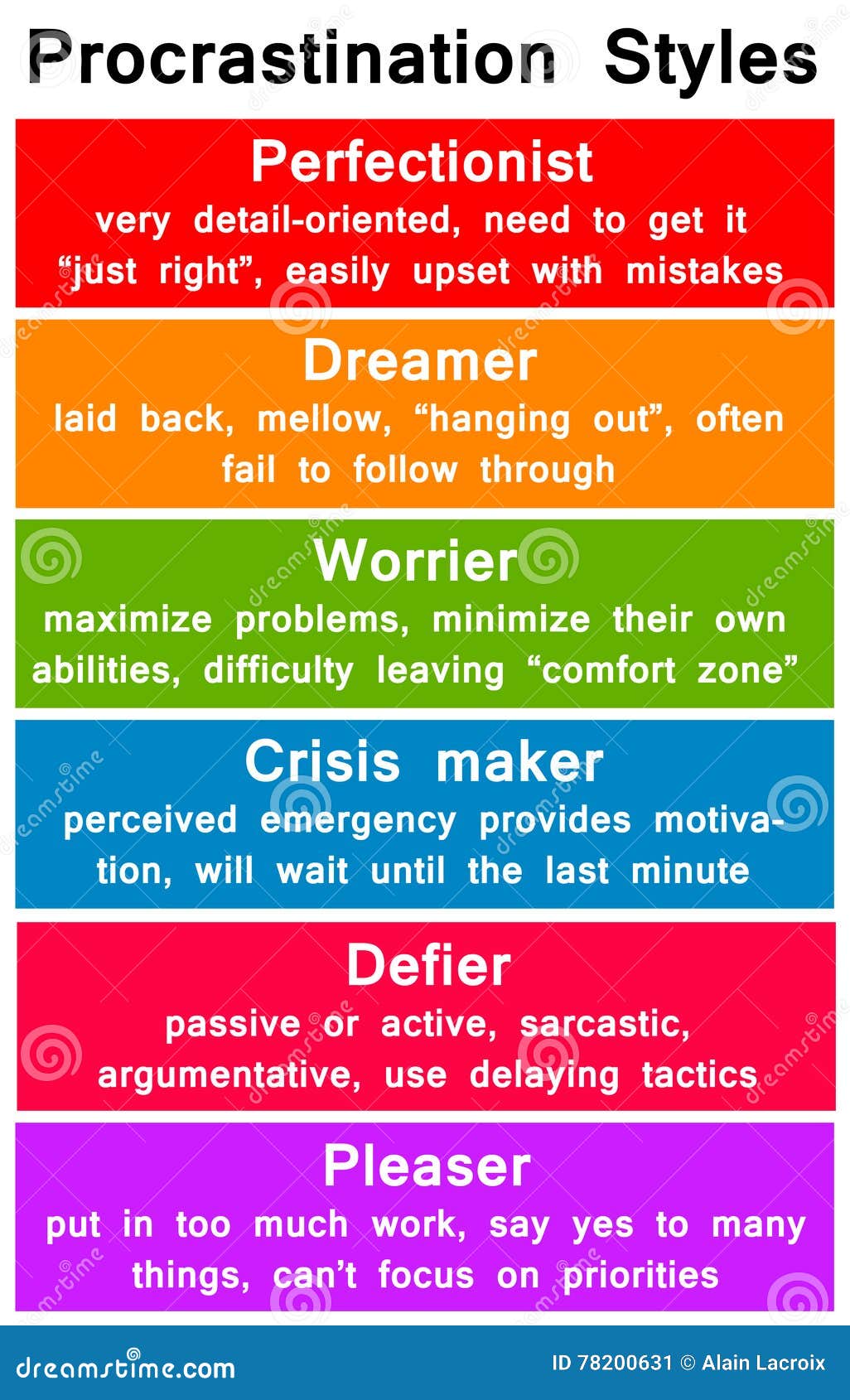Breaking Down Procrastination, Emotional Dependency, and Impostor Syndrome
Breaking Down Procrastination, Emotional Dependency, and Impostor Syndrome
Blog Article
Throughout our routines, we often encounter psychological obstacles that affect our well-being and success. Among the most common issues are procrastination, emotional dependency, and procastinação impostor syndrome. These problems not only disrupt personal and professional life, but understanding them is the first step to overcoming them.
In this article, you’ll discover what these issues are, how they develop, and practical ways to address them. With the right insights, you can take control of your habits and achieve your goals with confidence.
What is Procrastination?
Procrastination refers to the act of delaying tasks that require immediate attention. This behavior is often linked to emotional and psychological factors.

Studies reveal that procrastination is rooted in the brain’s preference for short-term rewards. People often procrastinate when they feel unmotivated or overwhelmed. Recognizing these triggers is essential to addressing the issue effectively.
What is Emotional Dependency?
Emotional dependency is characterized by a deep reliance on external relationships for a sense of security and happiness. While building relationships is fundamental, excessive emotional dependency leads to imbalance and stress.
People with emotional dependency may struggle to make independent decisions. It is usually linked to early attachment patterns, such as a fear of abandonment or low self-esteem. Building self-awareness and working on personal growth can help foster healthier, more independent relationships.
What is Impostor Syndrome?
Impostor syndrome is the persistent belief that one’s success is undeserved. Despite evidence of competence, individuals with impostor syndrome doubt their own abilities.

This mindset results in anxiety and self-doubt, hindering personal and professional growth. Research suggests that addressing impostor syndrome requires acknowledging accomplishments, reframing negative thoughts, and seeking constructive feedback.
Practical Tips for Personal Growth
To combat these challenges, consider implementing the following strategies:
- For procrastination: Break tasks into smaller steps and use tools like to-do lists or time-blocking techniques.
- For emotional dependency: Develop self-reliance through activities like journaling, therapy, or mindfulness practices.
- For impostor syndrome: Document your successes and remind yourself of past accomplishments regularly.
procrastinação.
Consistency is vital—practice these techniques daily to create long-term improvement.
Breaking Free from Mental Barriers
Procrastination, emotional dependency, and impostor syndrome can be overcome with dedication and the right tools. When you take proactive steps to address these issues, you can achieve significant personal growth.
Start small—pick a single habit to focus on and apply it consistently. Over time, you’ll see improvements in your mindset and daily life.
Report this page